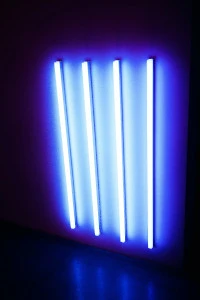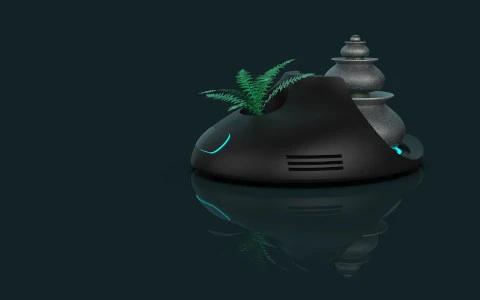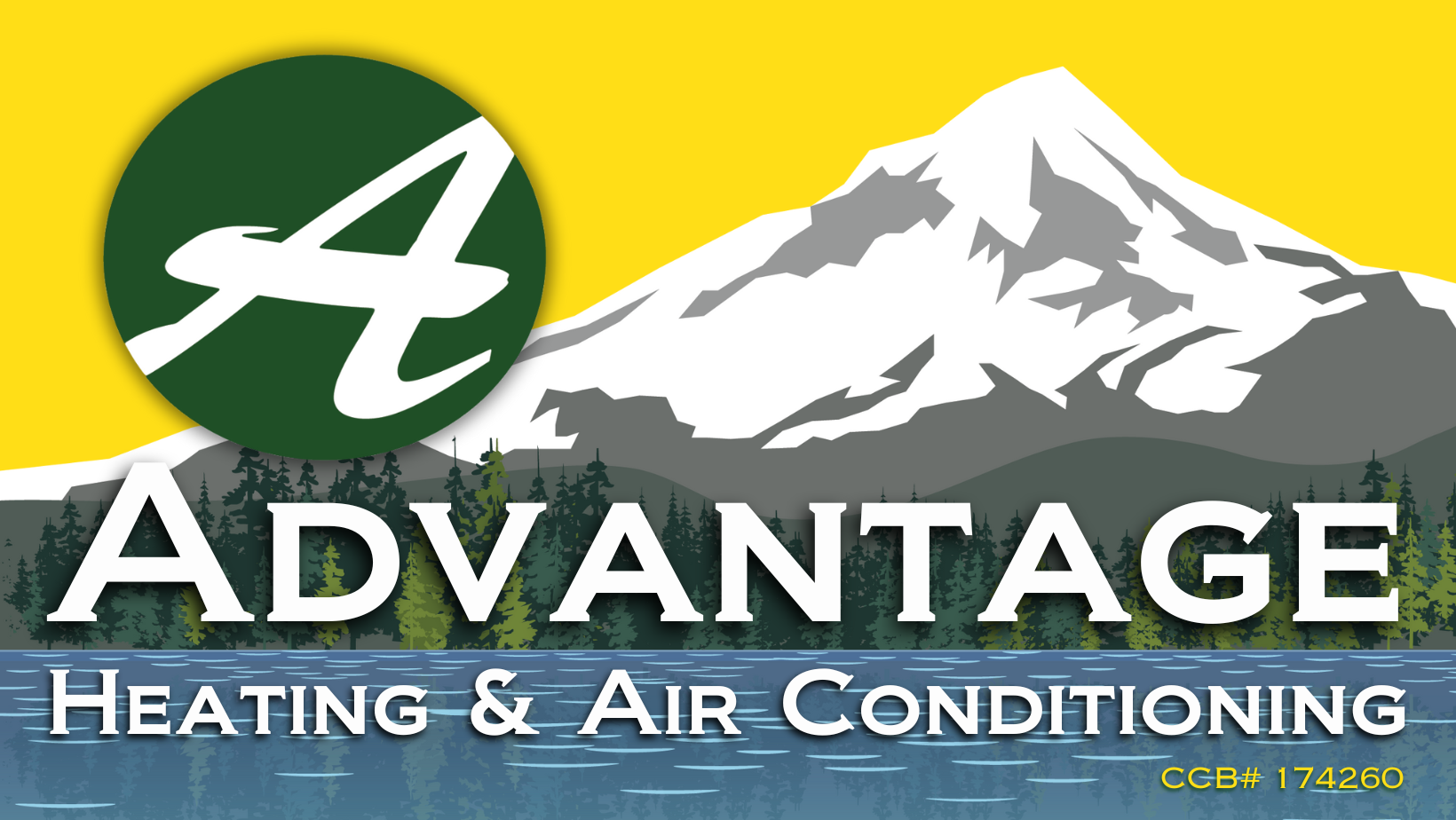The Whole House Air Purifier Basic Guide
No one enjoys living in a dirty home. Vacuuming, dusting, and taking out the trash are all pretty obvious ways to keep your home clean, but did you know you can also clean the air in your home? In fact, it’s one of the most efficient ways to remove germs and allergens from your home. All you need is a whole house air purifier.
These are devices an HVAC technician will install directly into your HVAC system and will clean the air that gets circulated through your home. There are different purifiers that work better to clean different things out of the air. Some also work to remove odors from the air.
Whole house air purifiers are a great tool if a member of your family is immunocompromised, has bad allergies, or has migraines that odors can trigger. However, a whole house air purifier is not a necessity for everyone.
In this post, we will explain what the different air purifiers are and what they are strong against. At the end, we’ll offer some recommendations. We hope that after this article you know if an air purifier is right for you.
Types of Air Purifiers
There are three types of air purifiers you will encounter on the market. Each one uses a unique method to clean the air that passes through it.
UV Light
UV Light purifiers use UV lights to purify air, as the name implies. This works especially well on germs such as bacteria, viruses, mold, and parasites. That’s why hospitals use these air purifiers in their HVAC systems.
We have another article where we go into more depth on UV light purifiers and bust some myths.
Electric

An electric or ionizing filter uses electric currents to create ions that bind to pollutants and particles as they enter the purifier. The purifier creates oppositely charged ions that pull the particles before they exit the purifier. The result is that particles get trapped and only clean air goes through to the ductwork.
Physical
A physical purifier is your traditional filter or uses similar filtration media. Your furnace should already have an air filter. However, if you want additional air filtration, you can look into a stand-alone unit that can filter the air of a specific room.
More on that in the next section.
The Differences Between a Personal and Whole House Air Purifier
As we just alluded to, there are two different deployment methods for air purifiers. There are free-standing air purifiers that can improve the quality of the air in one room in particular. There are also whole house air purifiers that a technician will install in your HVAC system. Since this article is about the later that is what we will focus on.
Free Standing
These are portable air purifiers that can provide coverage for a specific room in your home. If one member of your family has extreme allergies, you could place one of these units in their bedroom to help them breathe at night.
Whole House
These purifiers work inside your HVAC system so the entire home come benefit from them. A professional HVAC technician should install them as there is a decent amount of electrical wiring involved.
The Benefits of a Whole House Air Purifier
There are several benefits of installing a purifier in your HVAC system. Some of these include:
- Remove Contaminants and Pollutants
- Minimize Allergens
- Reduce Odors and Volatile Organic Compounds (VOCS)
- Remove Asthma Triggers
- Kill Bacteria and Viruses

One of the main reasons you should consider an air purifier is if your family needs clean indoor air to be comfortable. If a member of your household is immunocompromised and is susceptible to airborne contagions or has dangerous allergic reactions, then a purifier can make your home safer.
Air purifiers can restore air quality by eliminating particles and pollutants. This can mitigate allergies, reduce the risk of germs spreading, and aid anyone who is otherwise sensitive to odors or air quality.
Modern air purifiers also require very little maintenance. Most manufacturers recommend replacing UV lights every two years, and ionizing cells may need to be washed every few months. Each manufacturer will have their own recommended timelines for their owner’s manuals. Your HVAC contractor may also offer a service contract when they install your purifier.
What Do We Recommend?
These are brands that have either had credible studies showing their effectiveness or are among top-reviewed on the market today.
Keep in mind it’s near-to-impossible to gauge how effective an air purifier is going to be for every home. Every home is different and that changes the effectiveness of air purifiers. Layout, number or size of registers and returns, the other equipment in the HVAC system, climate, and lifestyle will all impact the quality of indoor air and the effectiveness of air purifiers.
Below each purifier, we listed their primary method of purifying as well as a piece of technology or performance factor that makes them unique.
- UV light
- Ionizing Cell
- Uses its own patented technology: ActivePure
- UV Light
- Activated Carbon Odor Absorber
- Particularly Effective Against VOCs
- UV Light
- Ionizing
- Produces Safe Level of Hydrogen Peroxide
- Ionizing Cell
- Activated Carbon Cell
- Self-Cleaning
- HEPA Filter
- Can Also Come With An UV Light
- Independently Tested Three Stage Filtration Process
This is the odd one out, as it is a freestanding unit that we do not sell or install. However, it is one of the most well-reviewed freestanding purifiers on the market at the moment. This air purifier uses a washable HEPA filter and can cover a space up to 600 feet. If you only need to provide air purification for one room, then this could be a viable option.
What is the Best Whole House Air Purifier?
Each air purifier provides different benefits because they use different technology. It comes down to the benefits you desire and the amount of coverage you need.
If you need to remove germs or contagions like bacteria, virus, and mold, then you might need a UV Light.
If you want to remove smoke particles, pet dander, and VOCs, then an HEPA filter with paired with a UV light is your best bet. Some manufacturers will also recommend an ionizing filter.
If odors are an issue at your home, then make sure your purifier includes an Activated Carbon cell.
If you only need additional purification in one room, then you might only need a free-standing purifier.
Who Are Advantage Heating and Air Conditioning, LLC?
We are your local HVAC Experts out of Salem, Oregon. We hope that this post gave you the information you need to know about whole home purifiers. If you have other questions about HVAC systems, check out our other blogs. To learn more about who we are and how we can help you, visit our website and follow us on social media – we’re here when you need us!





